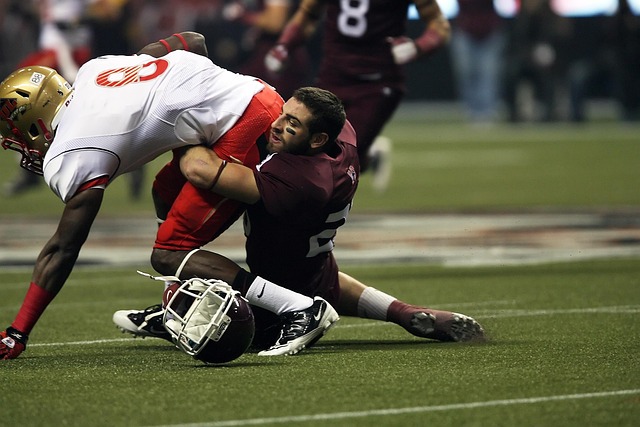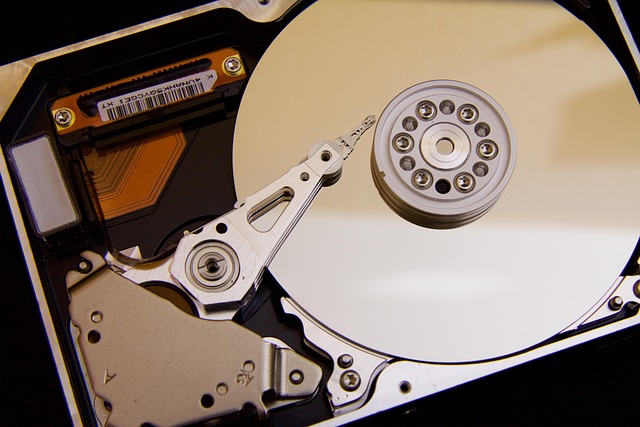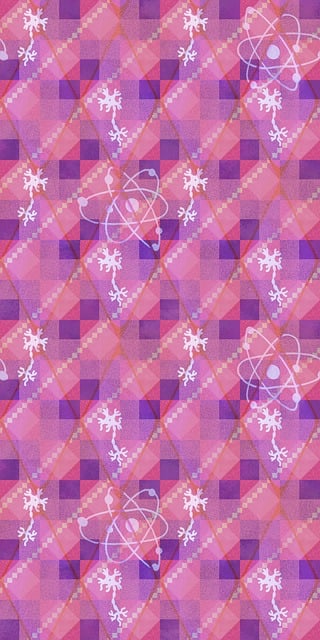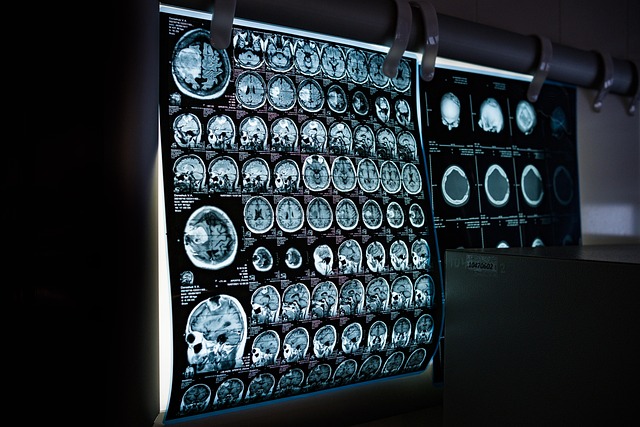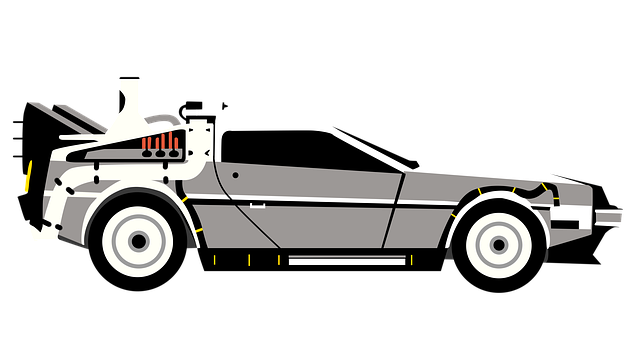After a car crash, herniated discs can result from spinal stress. Chiropractic management offers a non-surgical treatment using adjustments and exercises to relieve pain, reduce nerve compression, and promote healing. This conservative approach aligns with the body's natural healing mechanisms, improving mobility and posture while lowering future injury risk. Rest, medication, physical therapy, and chiropractic care are key to recovery. Regular chiropractic check-ups can prevent future herniated discs by addressing potential issues early.
After a car crash, understanding the potential for herniated discs is crucial. These conditions often arise from the sudden, forceful jolts experienced during accidents. Chiropractic management offers a non-surgical approach to treating herniated discs, focusing on alignment and pain relief. This article delves into the intricacies of managing these injuries, highlighting chiropractic techniques and recovery strategies to aid in a full recuperation. Additionally, we explore prevention methods to mitigate the risk of future incidents.
- Understanding Herniated Discs After a Car Crash
- Chiropractic Management: A Non-Surgical Approach
- Recovery and Prevention Strategies for Future Incidents
Understanding Herniated Discs After a Car Crash
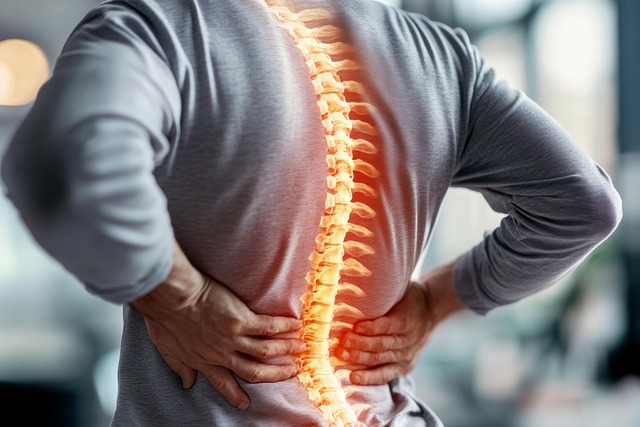
After a car crash, understanding the potential for herniated discs is crucial. When a sudden impact occurs, the spine can experience significant stress and strain, leading to disc bulges or herniations. These conditions arise when the soft, gel-like material inside an intervertebral disc pushes through a tear in its outer ring. Herniated discs can result in pain, numbness, or weakness in various parts of the body, depending on their location.
Chiropractic management is often recommended as a conservative approach to treating herniated discs post-car crash. Chiropractors employ techniques such as spinal manipulation and adjustment, along with targeted exercises and therapy, to alleviate symptoms and support the healing process. This holistic method focuses on restoring joint function, reducing nerve compression, and promoting natural healing without invasive procedures or medications.
Chiropractic Management: A Non-Surgical Approach

Chiropractic management offers a non-surgical approach to treating herniated discs resulting from car crashes. Chiropractors use a variety of techniques, including manual adjustments and targeted exercises, to relieve pain and improve mobility. This conservative treatment option is often preferred as it can be effective in reducing inflammation, restoring disc height, and enhancing the healing process without the need for invasive procedures or medications.
In the case of herniated discs post-car crash, chiropractic management focuses on realigning the spine and supporting the body’s natural healing mechanisms. Adjustments to the affected areas can help alleviate pressure on nerves, reduce pain signals, and promote the regrowth of disc tissue. Additionally, chiropractors may incorporate therapeutic exercises tailored to strengthen core muscles and improve posture, further stabilizing the spine and reducing the risk of future injuries.
Recovery and Prevention Strategies for Future Incidents

Recovery from a herniated disc after a car crash often involves a combination of treatments, including rest, medication, physical therapy, and chiropractic management. Chiropractic care is particularly effective in managing pain and promoting healing by adjusting the spine and improving nerve function. It’s important to adhere to a structured rehabilitation plan to regain strength and mobility.
To prevent future incidents and reduce the risk of herniated discs, maintaining good posture while driving, using appropriate lumbar support, and practicing regular exercises to strengthen core muscles are essential strategies. Additionally, being mindful of lifting techniques and avoiding sudden movements can significantly lower the chances of disc-related injuries. Regular chiropractic check-ups can also help identify and address potential issues before they escalate.
After a car crash, it’s not uncommon to experience a herniated disc. Chiropractic management offers a non-surgical approach to alleviate pain and restore function. By understanding the condition and implementing effective recovery and prevention strategies, individuals can reduce the impact of future incidents. Chiropractic care plays a crucial role in managing herniated discs post-car crash, ensuring a smoother road to recovery.

